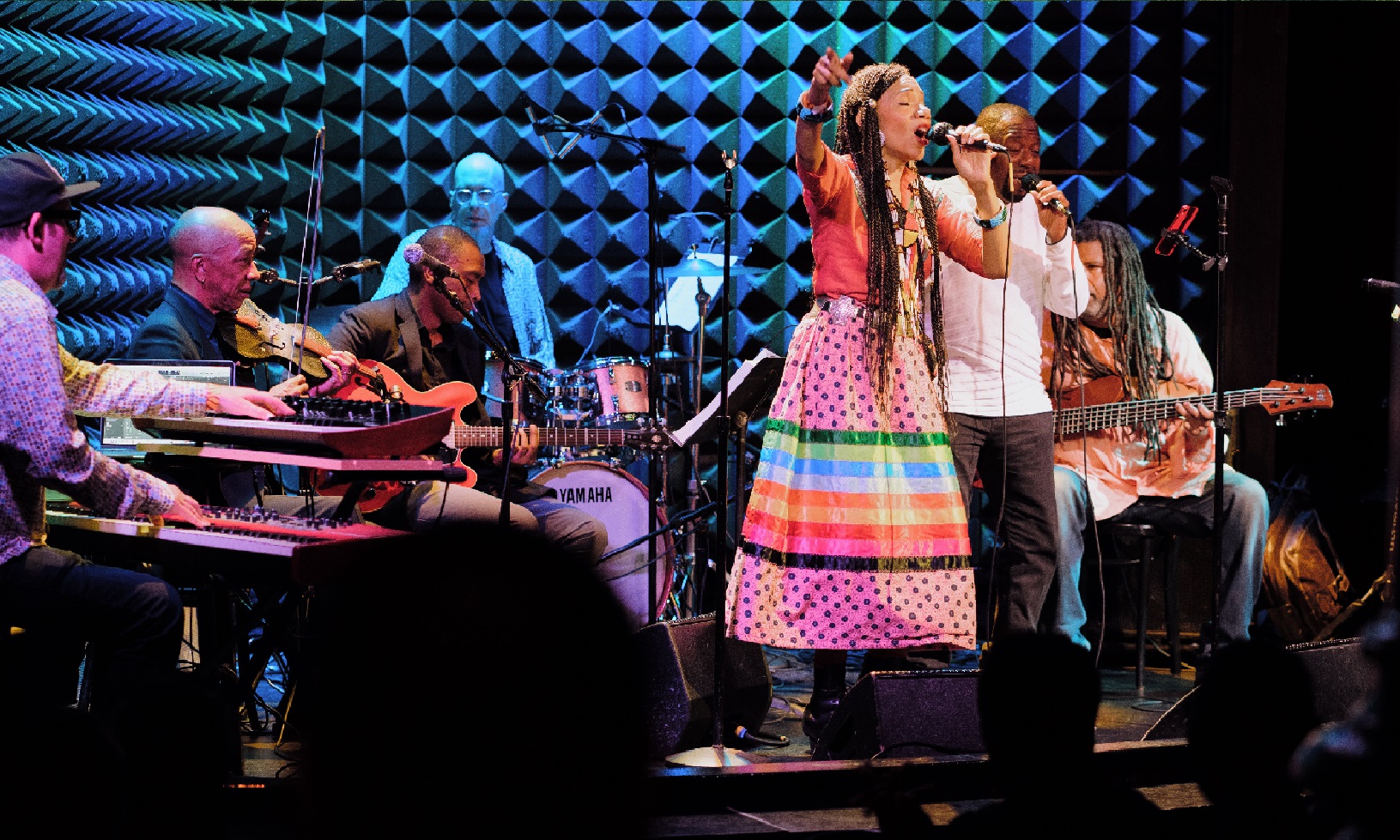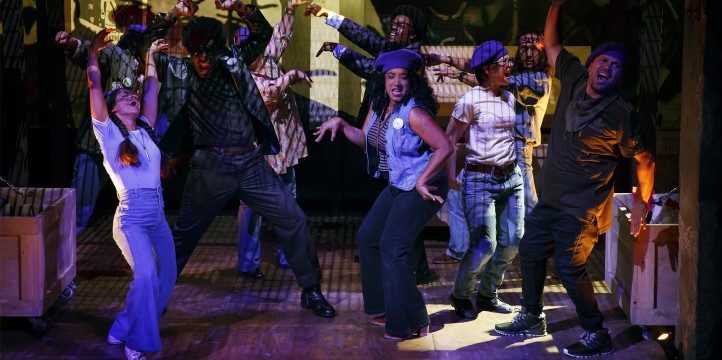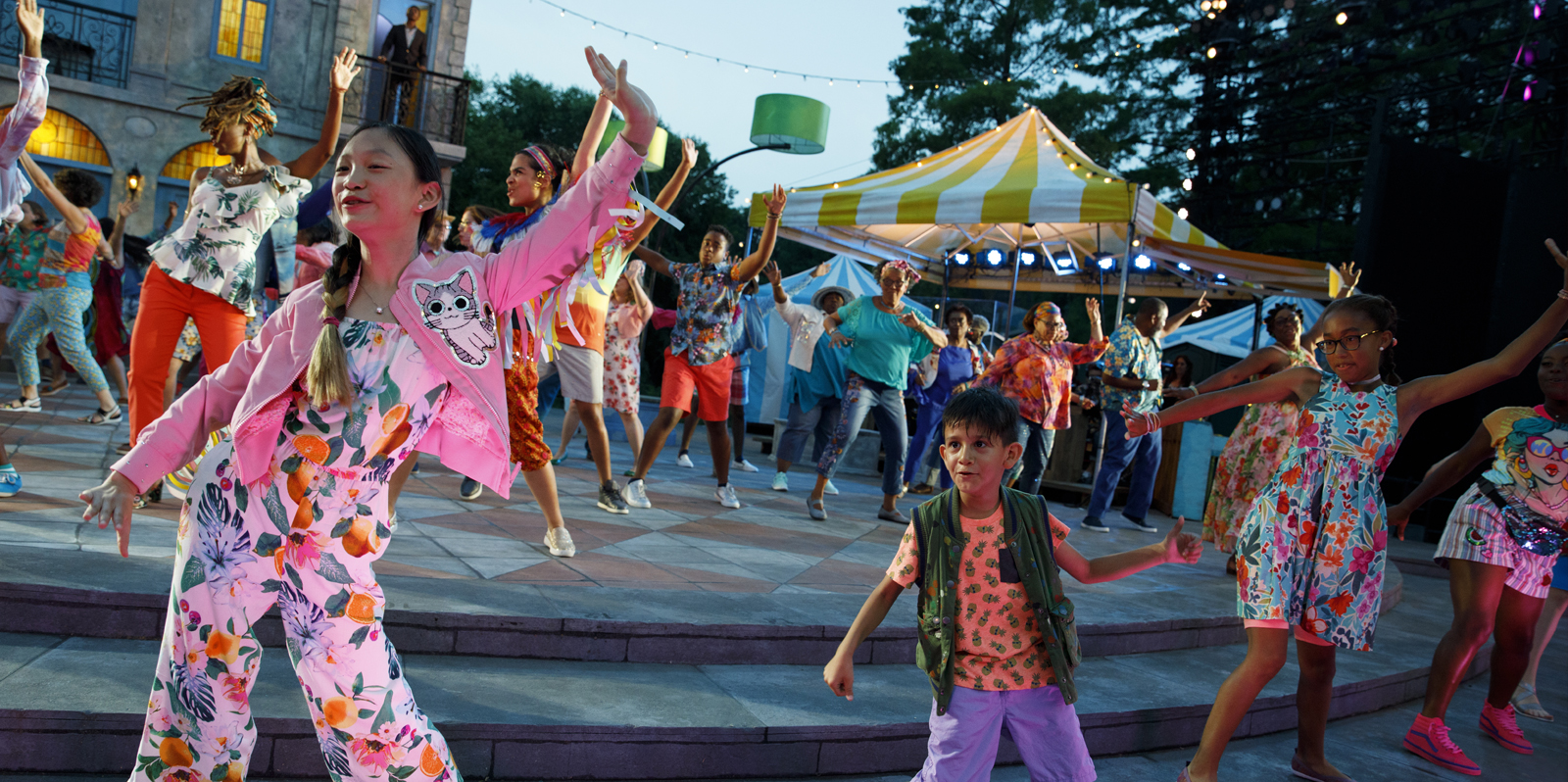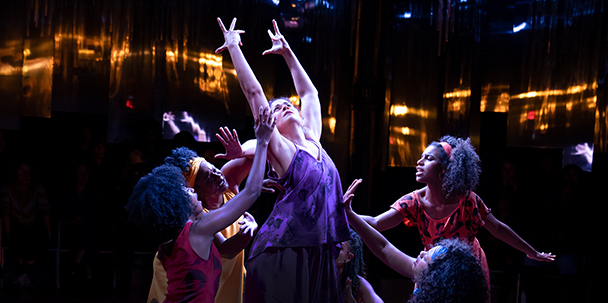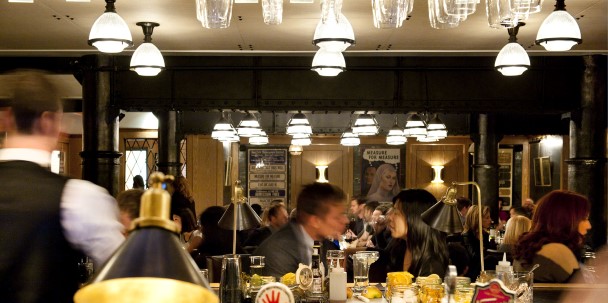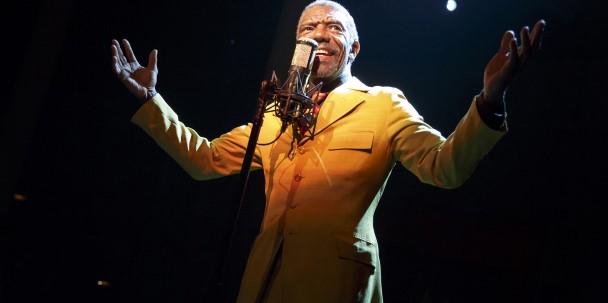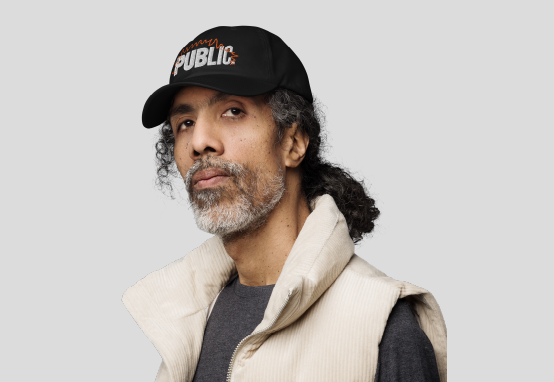From James Shapiro, Shakespeare Scholar in Residence at The Public Theater.
Sir Thomas More, a collaborative Elizabethan play from which this remarkable speech is drawn, survives in a single manuscript, now housed in the British Library. A great deal of mystery surrounds it, including when it was written and revised, and by whom. There’s a likelihood that it was first composed and perhaps staged in 1592-93, at a time of considerable hostility in London against immigrants or “strangers.” Scholars since 1871 have identified Shakespeare’s style and handwriting (from what little we know of it), in the three pages of revision that dramatize More’s efforts to stop the infamous and xenophobic May Day riots in London in 1517. It was clearly volatile material, and Edmund Tilney, the Master of the Revels (who was responsible for ensuring that stage plays steer clear of dangerous matter) wrote on a note on the manuscript warning the players to “Leave out the insurrection wholly….and not otherwise, at your own perils.” Shakespeare’s stirring version of More’s passionate defense of immigrants—in which he urges those in the riotous crowd that would attack these “strangers” to imagine themselves as refugees—feels no less topical and urgent today.



